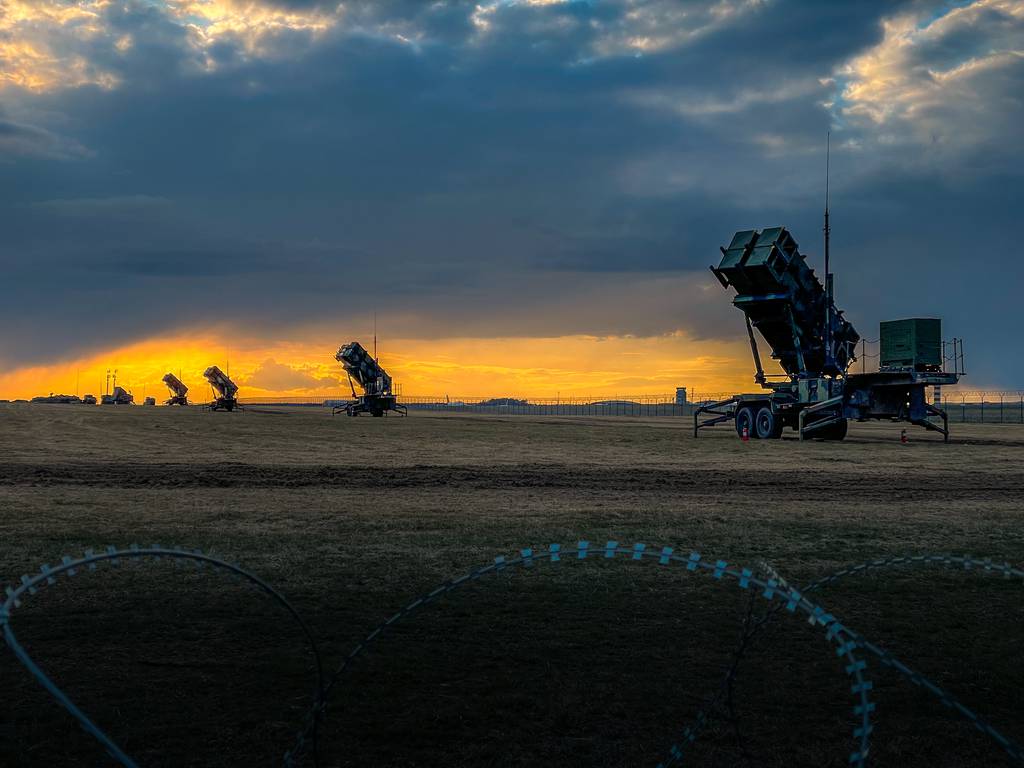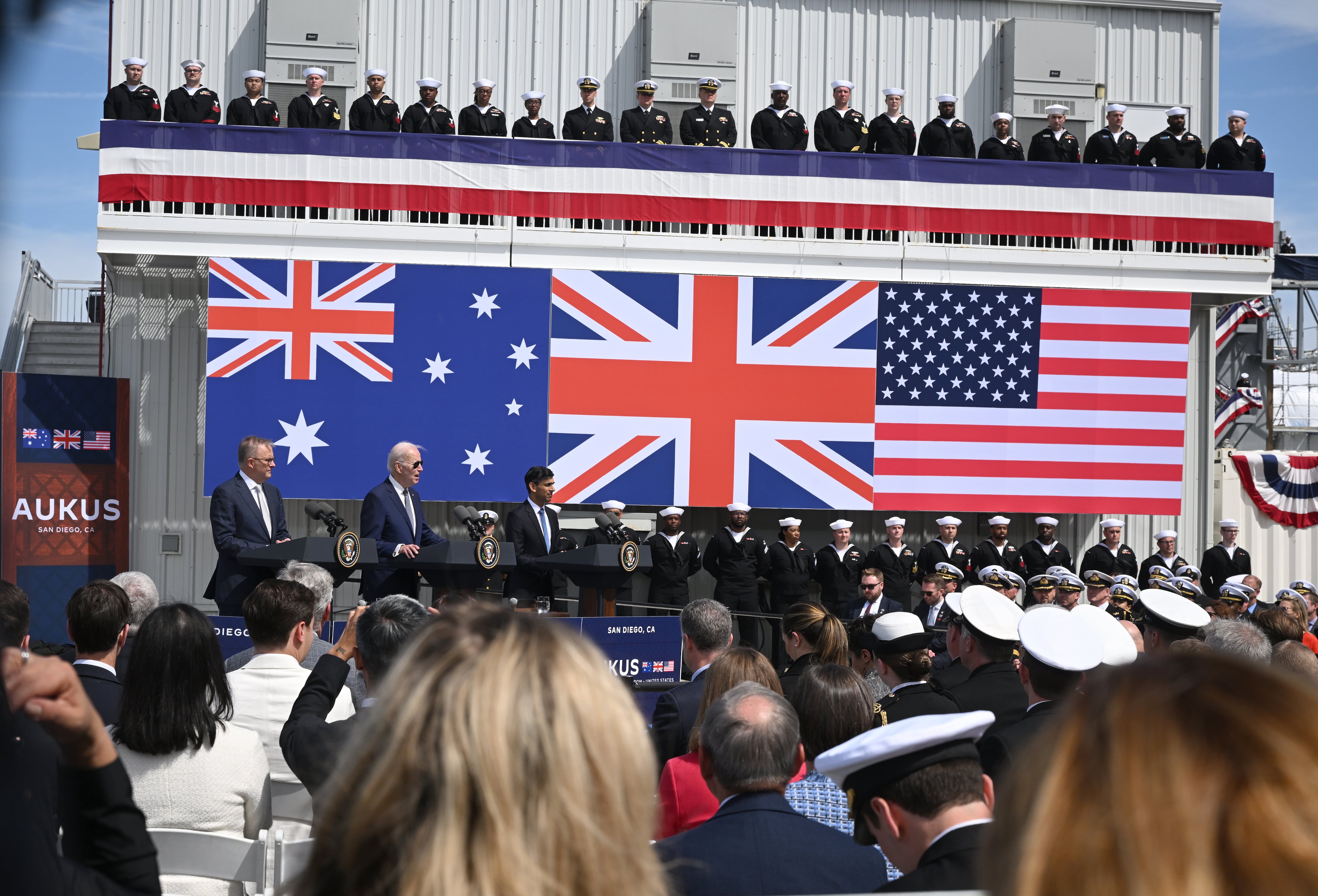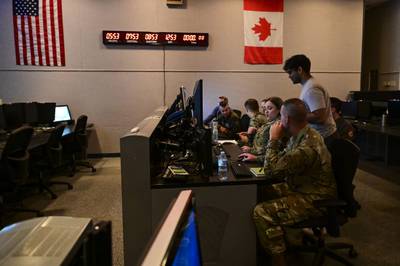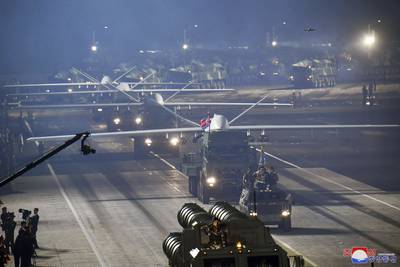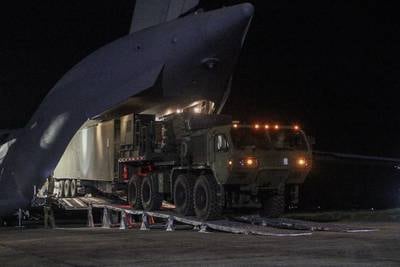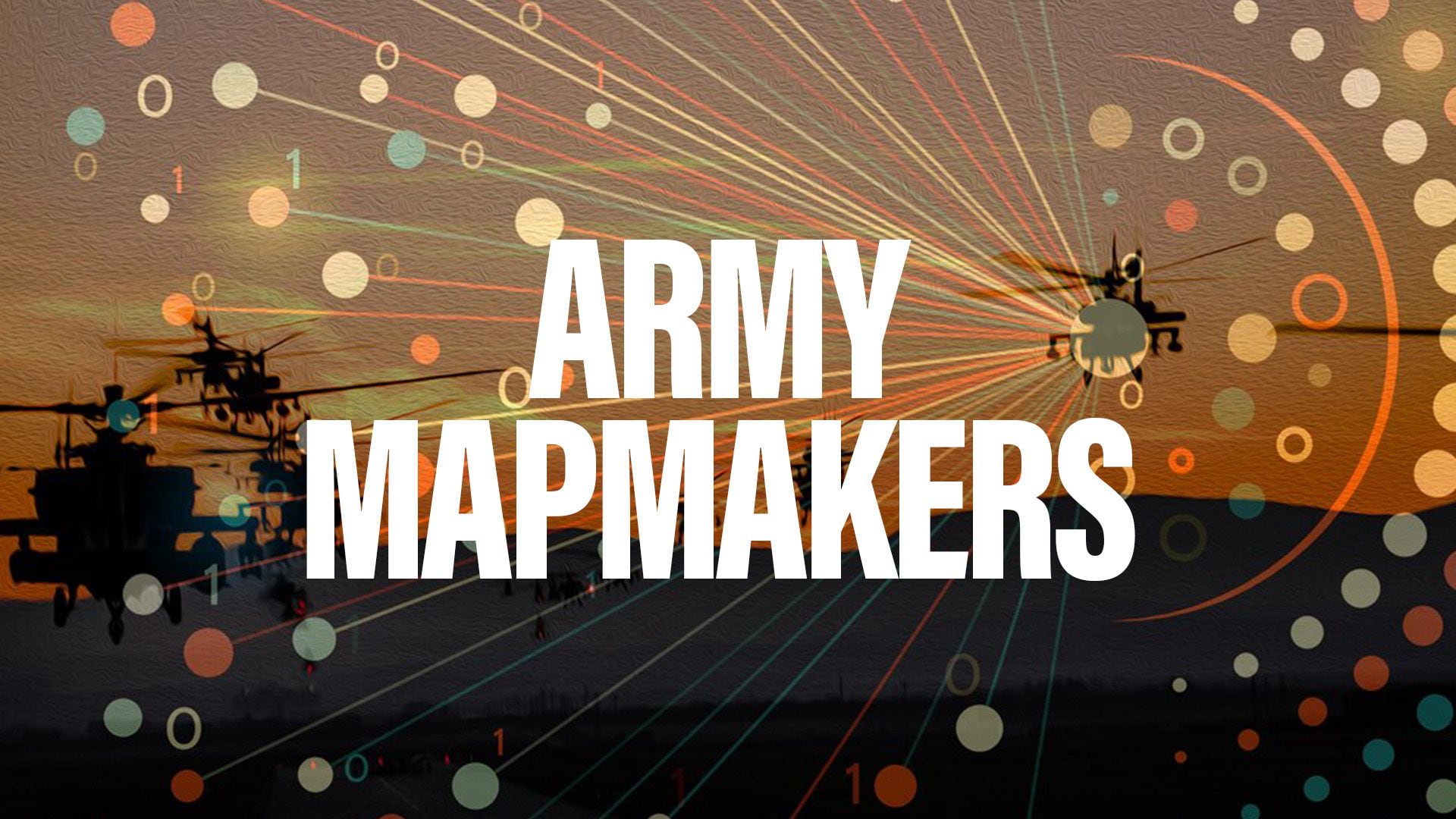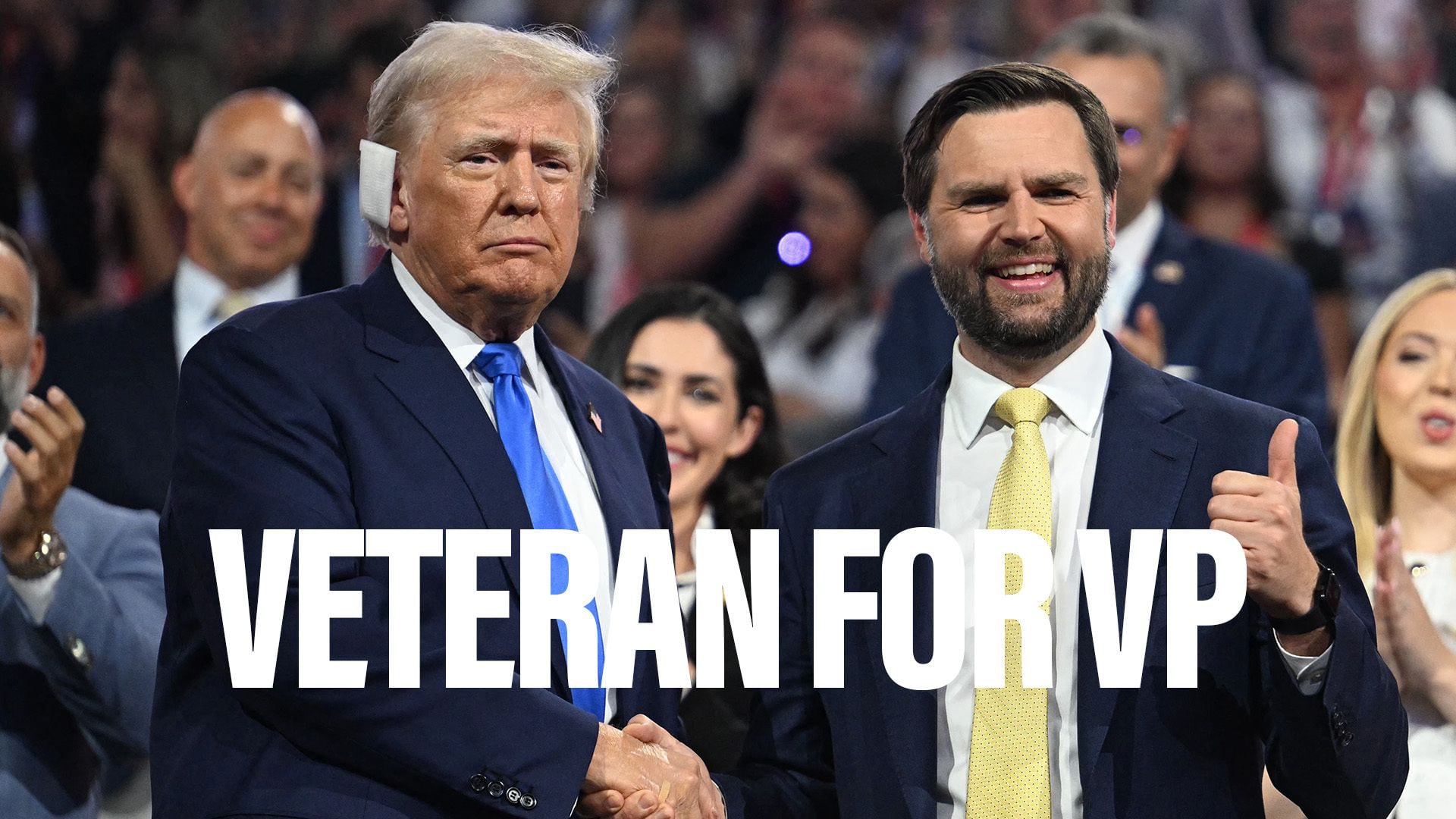MILAN — While Ukraine and Western allies have spent the last year scouring the world for ammunition, the attention has now shifted to the urgent need to find spare Patriot systems to close gaps in Kyiv’s air defenses.
The quest to find these highly coveted weapons has intensified over the last month, as Russian troops have carried out relentless attacks on Ukraine’s critical and civilian infrastructure.
The pursuit has engendered something of a guilt-cycle as to which countries have surpluses of Patriots and should take on the task to send them at the risk of going below their strategic minimal levels of military capabilities.
The European Union’s foreign policy chief, Joseph Borrell, said last week that it was “inconceivable” that Western countries were unable able to come up with the seven additional batteries Kyiv has requested, given that allies have approximately 100 batteries in their inventories.
Germany, which recently announced it was sending a third Patriot system to the embattled country, has taken it upon itself to put together a coalition to acquire more of these systems on behalf of Ukraine.
Reports that the Bundeswehr had appealed to non-NATO countries’ contributions in a written letter, including Arab Gulf states, were confirmed by Ukraine’s Foreign Minister Dmytro Kuleba.
The Ukrainian official was present this week at the G7 ministerial meeting taking place in Capri, Italy, where he met with the U.S. Secretary of State Antony Blinken to discuss the sole issue on his agenda: air defense.
“We focus on them [the U.S.-made Patriots and the Franco-Italian SAMP/T systems] for a simple reason: they are the only systems capable of intercepting Russian ballistic missiles and this is the real turning point in the war as it’s impossible to do with any other type of air defense system,” Kuleba was quoted as saying by the Italian media network RAI Italia at the meeting.
Different schemes have been proposed to gather more of the equipment. One suggestion came from Mark Rutte, the Dutch prime minister, aimed at states that might have policies in place that prevent them from directly transferring weapons to Kyiv.
“We know that many countries have Patriot systems but maybe do not want to deliver directly. We can buy from them and we can deliver to Ukraine. We have the money available. It’s crucial,” Rutte said at a summit of EU leaders in Brussels this week.
This workaround was echoed by NATO Secretary-General Jens Stoltenberg at the Italian-hosted G7 meeting. The official affirmed that allies possessing Patriot or SAMP/T systems have been asked to supply them to Ukraine, and that those who do not should provide money to buy some.
Kyiv has further taken matters into its own hands, floating the idea that the assets could be loaned temporarily to them.
The country also solicited Poland and Spain for an extra Patriot battery as well as Romania for an additional SAMP/T system, according to the Financial Times.
Polish officials have maintained that they cannot afford to send Patriots to Ukraine, as Warsaw is still expecting the U.S. to deliver part of the $15 billion Patriot order it placed last year.
Elisabeth Gosselin-Malo is a Europe correspondent for Defense News. She covers a wide range of topics related to military procurement and international security, and specializes in reporting on the aviation sector. She is based in Milan, Italy.
